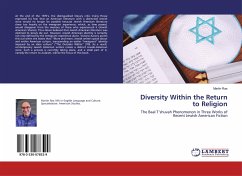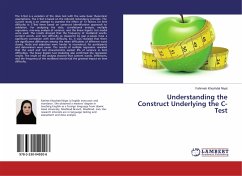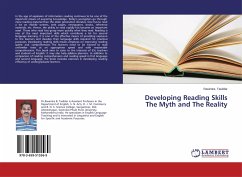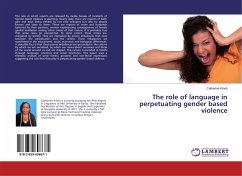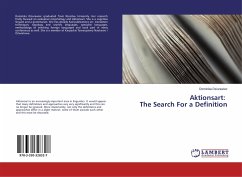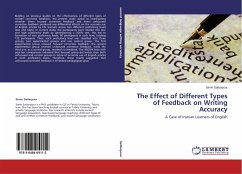
The Importance of Being Sage
Religious and Philosophical Aspects in J.D. Salinger's Glass Stories
Versandkostenfrei!
Versandfertig in 6-10 Tagen
19,99 €
inkl. MwSt.

PAYBACK Punkte
10 °P sammeln!
The religious and philosophical questions with respect to the autobiographical elements contained in J.D. Salinger's Glass stories are being discussed in this book. An attempt to elucidate the death of Seymour Glass has been made on the basis of those questions. The book is divided into two parts, theoretical and practical. In the first part the persona of J.D Salinger, Zen Buddhism and Advaita Vedanta are presented along with the Glass family, whose members are shortly introduced. They appear overall in eight stories, namely "A Perfect Day for Bananafish" (1948), "Uncle Wiggily in Connecticut...
The religious and philosophical questions with respect to the autobiographical elements contained in J.D. Salinger's Glass stories are being discussed in this book. An attempt to elucidate the death of Seymour Glass has been made on the basis of those questions. The book is divided into two parts, theoretical and practical. In the first part the persona of J.D Salinger, Zen Buddhism and Advaita Vedanta are presented along with the Glass family, whose members are shortly introduced. They appear overall in eight stories, namely "A Perfect Day for Bananafish" (1948), "Uncle Wiggily in Connecticut" (1948), "Down at the Dinghy" (1949), "Franny" (1955), "Raise High the Roof Beam, Carpenters" (1955), "Zooey" (1957), "Seymour: An Introduction" (1959) and "Hapworth 16, 1924" (1965). The second part focuses in particular on Seymour, Buddy, Zooey and Franny, about whom the most information is given. Salinger's criticism of the 1950s American society is reflected upon the characters via religious and philosophical elements, which penetrate all of the stories, and have not a little impact on each character.



